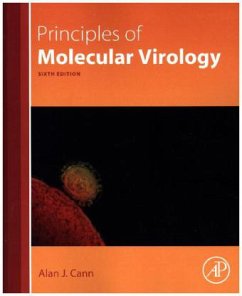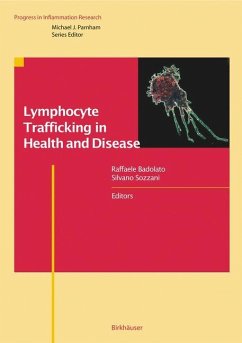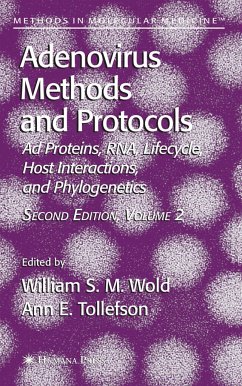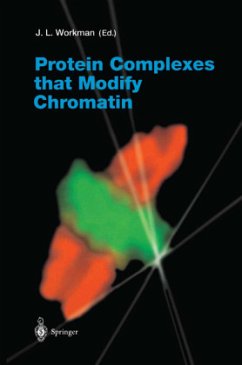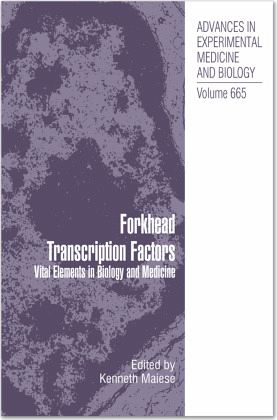
Forkhead Transcription Factors
Vital Elements in Biology and Medicine
Herausgegeben: Maiese, Kenneth
Versandkostenfrei!
Versandfertig in 6-10 Tagen
113,99 €
inkl. MwSt.

PAYBACK Punkte
57 °P sammeln!
Forkhead Transcription Factors: Vital Elements in Biology and Medicine provides a unique platform for the presentation of novel work and new insights into the vital role that forkhead transcription factors play in multiple systems throughout the body. Leading international authorities provide their knowledge and insights to offer a novel perspective for translational medicine that highlights the role of forkhead genes and proteins that may have the greatest impact for the development of new strategies for a broad array of disorders. Equally important, Forkhead Transcription Factors: Vital Elem...
Forkhead Transcription Factors: Vital Elements in Biology and Medicine provides a unique platform for the presentation of novel work and new insights into the vital role that forkhead transcription factors play in multiple systems throughout the body. Leading international authorities provide their knowledge and insights to offer a novel perspective for translational medicine that highlights the role of forkhead genes and proteins that may have the greatest impact for the development of new strategies for a broad array of disorders. Equally important, Forkhead Transcription Factors: Vital Elements in Biology and Medicine clearly sets a precedent for the necessity to understand the diverse and complex nature of forkhead proteins since this family of transcription factors can limit as well as foster disease progression depending upon the cellular environment. The presentation and discussion of innovative studies and especially those that examine previously unexplored pathways that may influence clinical survival and longevity offer an exciting approach to address the potential of forkhead transcription factors for new therapeutic avenues in multiple disciplines.





